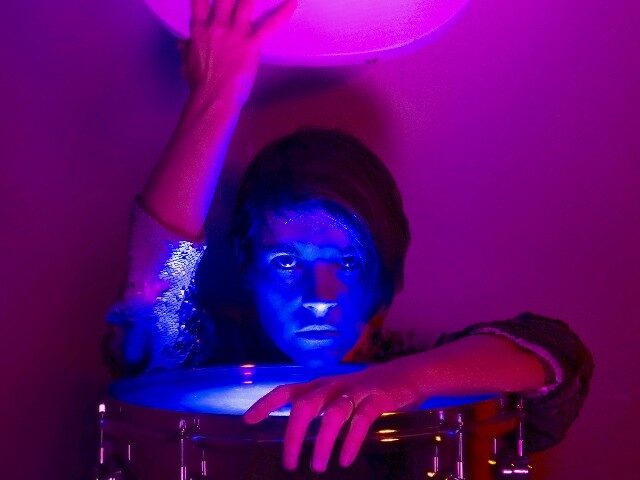How did your passion for the acoustic guitar begin, and when?
I began playing as a very young child, recreationally — I always liked and gravitated to music, and the acoustic guitar was the instrument that I learned music through. It was my first love.
You were a proficient drummer during your teenage years. How did that influence your guitar-playing?
Playing drums allowed me to play guitar — more like a pianist. It’s something I can describe now, looking back. Drumming gave me the kind of independence I sought in my hands, so the left hand could do something while the right hand did something completely unrelated (the kind of coordination a pianist seeks, for example). If you combine the hands rhythmically then suddenly you get a lot more sound out of the guitar. That had a profound influence on me.
What inspires you to explore different techniques and go beyond the more common use of the instrument?
The guitar itself seems to demand that I try new things — it’s almost as if it’s constantly challenging me to make new discoveries. In my show The Neck is a Bridge to the Body, which I toured for many years, I sought to share the “human-ness” of the guitar with audiences. The guitar has always felt anthropomorphized to me.
When you were a student you busked in New York. How do you remember this experience?
It was right after 9/11 so it was a very emotionally potent time for NYC. What I remember most is just people being so grateful that music was returning to the subway. It gave people a sense that things could be normal again.
You wrote the soundtrack to “Into the Wild”, together with Eddie Vedder and Michael Brook. Writing a soundtrack with other musicians must be an exciting process. What’s the starting point?
Yes there were a lot of cooks in that kitchen! The starting point is always getting a movie to look at–then you have all the information you need–timing, tone, emotional context, etc. I find writing music for film a lot easier sometimes because you already know so much about how it needs to sound.
Your latest album, “Modern Yesterdays”, features your acoustic guitar accompanied by electronic soundscapes designed by Chloe Alexandra Thompson. How did you create a dialogue between two means which are apparently quite different?
Chloe Alexandra Thompson and I worked together on a live show called DATA NOT FOUND, where she worked as the sound designer. Because of that, she and I had built this background of a collaboration with music in the live setting. Much of the music we performed in the live setting of DATA NOT FOUND found its home on the “Modern Yesterdays” record. I think the mix of the two of us worked well — Chloe has such a tasteful ear. Electronic blips and sonic glitches aren’t the things that you think of when you think of an acoustic guitar. That contrast and vibe worked.
In the past few years you have created multimedia projects where a software translates the sound of your guitar into colours and images, which are then projected on the stage. What inspired this idea?
Again, it was the guitar — I’m telling you! The guitar asked me to reach for the next step, and encouraged me to explore that evolution of what was possible with software and triggers. I’m always multitasking as a guitarist. So it really felt like an evolution in what I was already doing. I know it sounds crazy but the guitar makes way more decisions than I do in this relationship.
Your latest multimedia project focuses on data. What’s the concept underlying your performance?
Data provides an outline of a thing around a person. There are patterns in what people behind them as they move through the world, unbeknownst to them. That’s easy to decipher. And yet, data as a subject rarely gets to understand the heart of a person themselves. We all have secrets and we contain all of these multitudes that actually can be understood or quantified, if we pause to understand it. I use the spoken word in DATA NOT FOUND to explore that … letting the guitar lead me, as always.
Kaki King plays at Studio Foce on 13.04 at 21:30.
More information: foce.ch
“The guitar itself seems to demand that I try new things” – Interview with Kaki King, guitarist and composer
Kaki King (USA, 1979) is considered one of the best guitarists of her generation. Twenty-year career and nine albums have consolidated Kaki King's reputation as a master of guitar playing: from flamenco style percussion to fret tapping, passing through open double tunings, viola tunings and traditional Russian guitar tunings.
5 April 2022
—
by Silvia Onorato
Save in favorites
Saved
Share:

© Attilio Rigotti & Kaki King
Translation performed
with Google Translate.